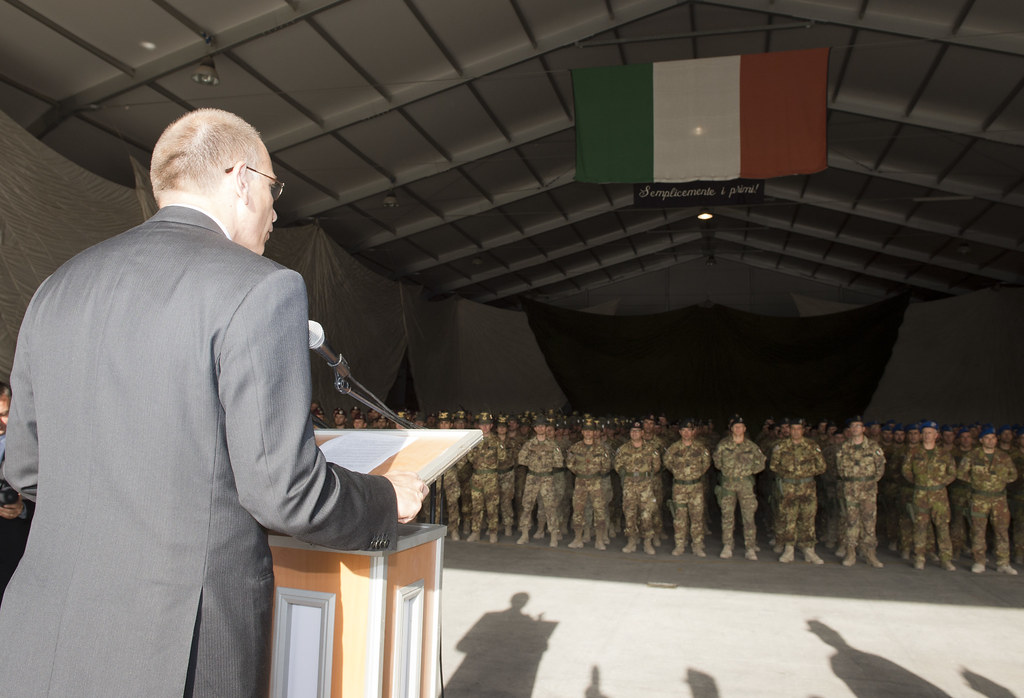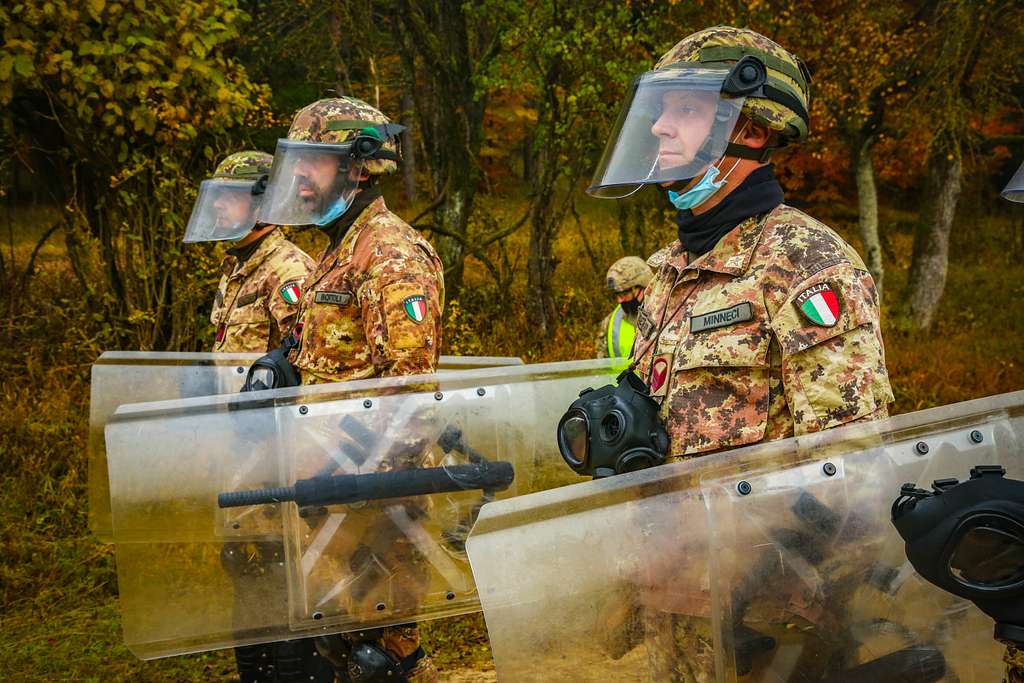Italy has not been the only country to send military units abroad; France, the United Kingdom, and even Germany have contributed to many international missions. However, compared to these countries, Italy has adopted a particularly proactive approach, often ranking among the top contributors to NATO, the UN, and more recently, the European Union’s contingents. In short, over the past thirty years, Italy has truly taken on the role of an ‘International Peacekeeper.’
Nevertheless, despite Italy’s proactive military intervention policy, studies on the subject remain scarce. After three decades of overseas operations, the number of scientific studies on Italy’s international operations is limited, and knowledge of the country’s foreign military deployments policy is lacking. In particular, scholars still struggle to understand why Italy has chosen to adopt such a proactive foreign intervention policy. Given the largely pacifist public opinion and the limited defense budgets, Italy’s choice appears at least counterintuitive.


Moreover, the lack of attention to this important issue is not confined to academic research but extends to politics as well. After thirty years of operations, there has yet to be a comprehensive reflection in Italy on the outcomes of these years and the lessons learned from these operations. The need to think systematically about the reasons that led Italy to adopt this specific policy, as well as its results, is therefore evident.
The research group of the project “Lessons Learned? The Past and Future of Italian Defense Policy” aims precisely to initiate this reflection. Specifically, it intends to analyze Italy’s military foreign military deployments policy with the goal of: (1) developing a theoretical framework that identifies the main factors that led Italian policymakers to deploy the armed forces abroad, as well as the mechanisms through which these factors influenced policymakers’ choices; (2) conducting a rigorous and thorough review of the outcomes of Italy’s operations in order to identify the lessons learned from this thirty-year period of active military intervention abroad.

